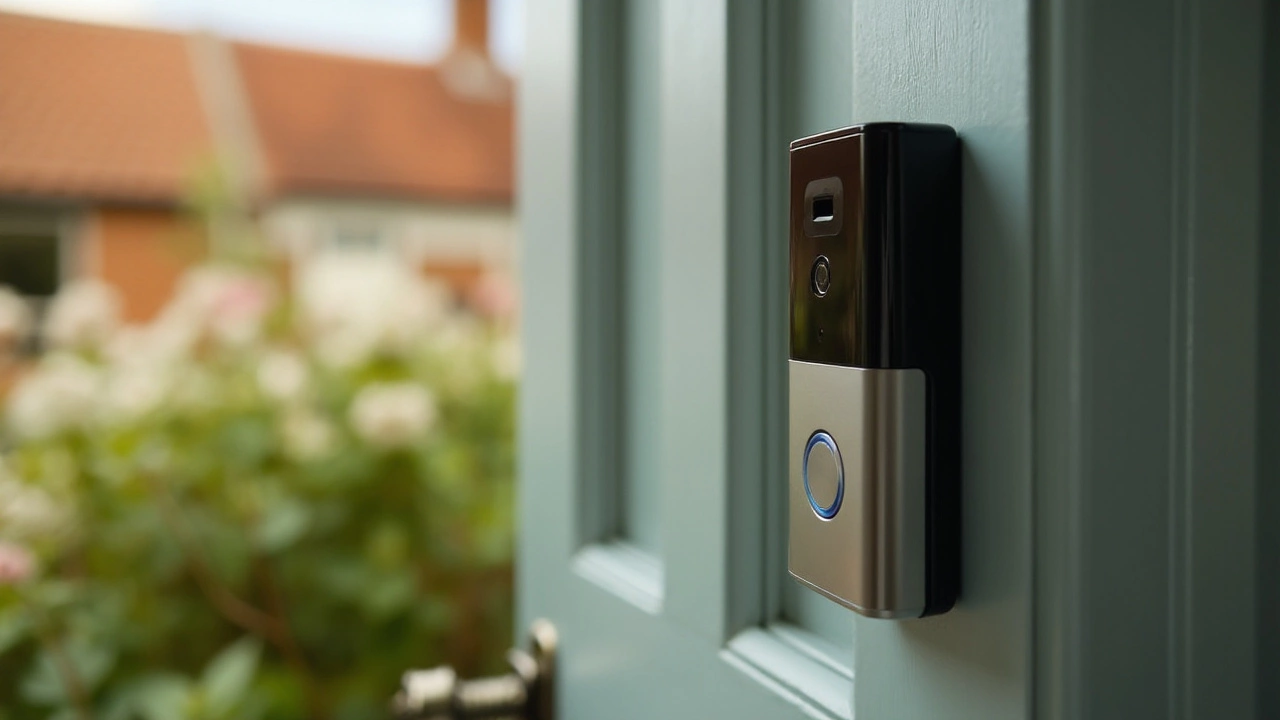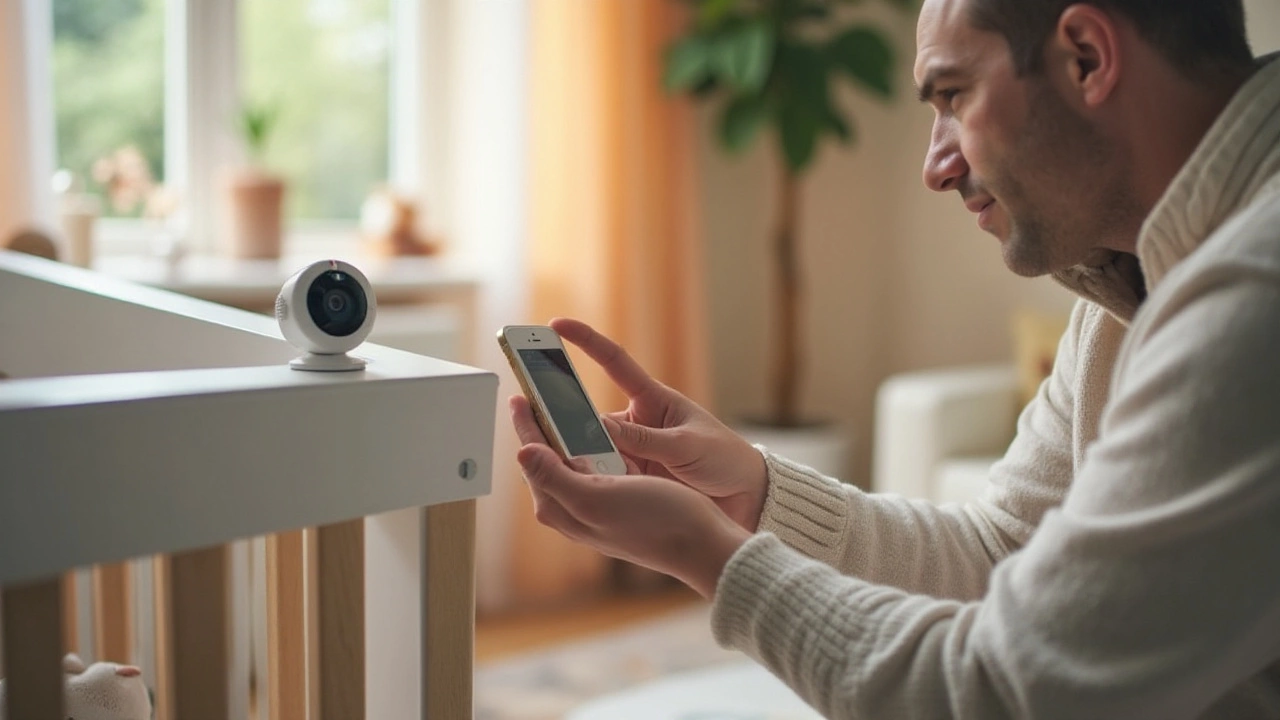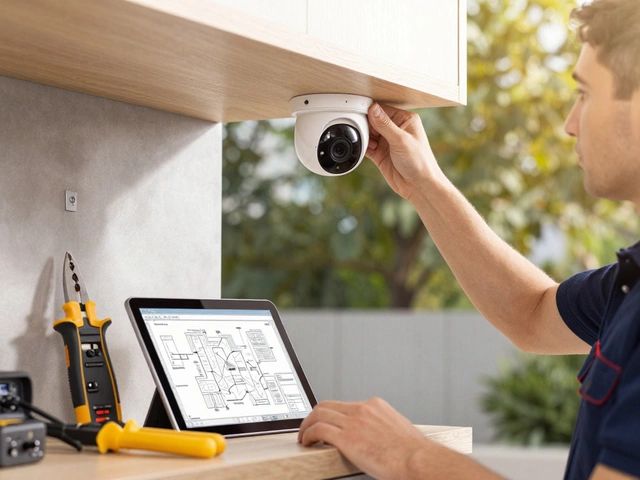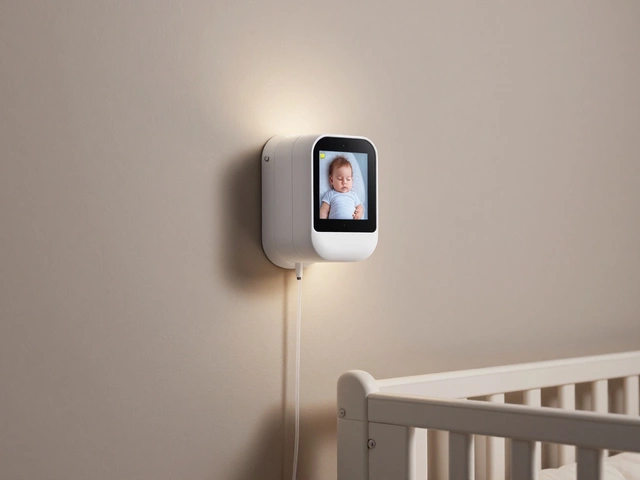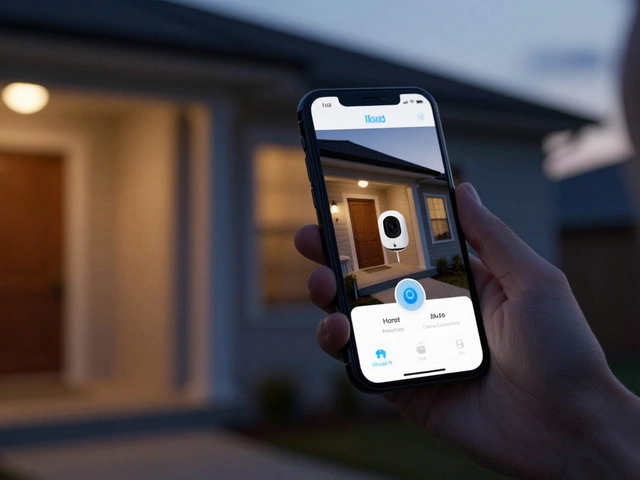Privacy Concerns When Using Smart Home Security Devices
Got a smart doorbell, Wi‑Fi camera, or a video baby monitor? Those gadgets bring peace of mind, but they also raise privacy questions. In the UK, neighbours, hackers, and even your own internet provider can peek at the footage if you’re not careful. Let’s sort out the biggest worries and see how to keep your data safe.
Smart Doorbells and Neighbour Privacy
Ring, Nest, and other video doorbells record anyone who walks up to your front door. That sounds useful, but it also means you’re capturing faces of passers‑by who never asked to be filmed. Neighbours often wonder if they can complain, and the law does give them some rights. In most cases, you’re allowed to record on your own property, but you must not publish the video without consent. If a complaint comes, explain that the camera is only for security and that you can blur faces in any shared footage.
Another issue is the doorbell’s audio. Some models record sound continuously, which can pick up private conversations from nearby windows. To avoid a legal headache, check the device settings and switch off audio if you don’t need it. Most UK police departments consider audio recording in public spaces permissible, but inside a neighbour’s home? Not so much.
Wi‑Fi Cameras: Risks and Safeguards
Wi‑Fi security cameras are cheap and easy to set up, but they’re also the most popular target for hackers. A weak password or an outdated firmware can let strangers watch your live feed. The first step is to use a strong, unique password and enable two‑factor authentication if the app supports it. Keep the camera’s software up to date – manufacturers issue patches as soon as a vulnerability is found.
Data storage is another privacy pitfall. Many cameras push video to the cloud, where the provider stores it. Read the privacy policy: does the company keep recordings for months? Do they share data with third parties? If you’re uneasy, switch to an on‑premise storage option like a microSD card, or choose a brand that offers local storage only.
Network segregation can also help. Create a separate Wi‑Fi network just for your security devices. That way, if a camera is compromised, the hacker can’t jump to your laptop or smart TV. Most modern routers let you set up a guest network in a few clicks.
Finally, be aware of the battery life on wireless cameras. When the battery drops, the device may stop recording and switch to a low‑power mode that still sends alerts. This can create blind spots, which some people exploit to sneak footage. Regularly check battery levels and replace or recharge as needed.
In short, privacy concerns don’t have to block you from using smart security. Pick devices with clear privacy settings, lock down your Wi‑Fi, and keep firmware fresh. When neighbours raise concerns, explain what you’re recording and why, and be ready to blur or delete any footage that isn’t yours. By following these simple steps, you get the safety benefits without giving away your personal life.


